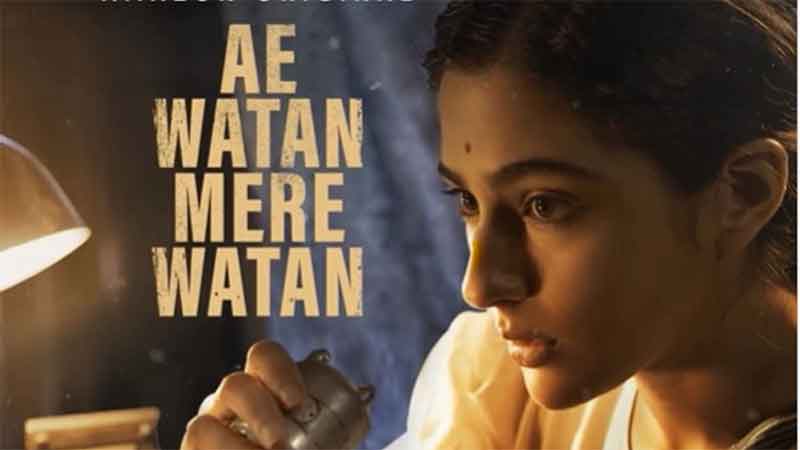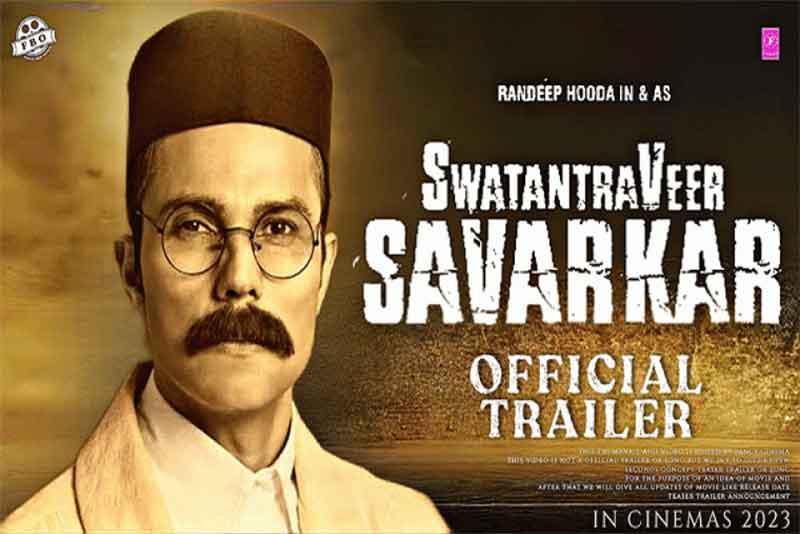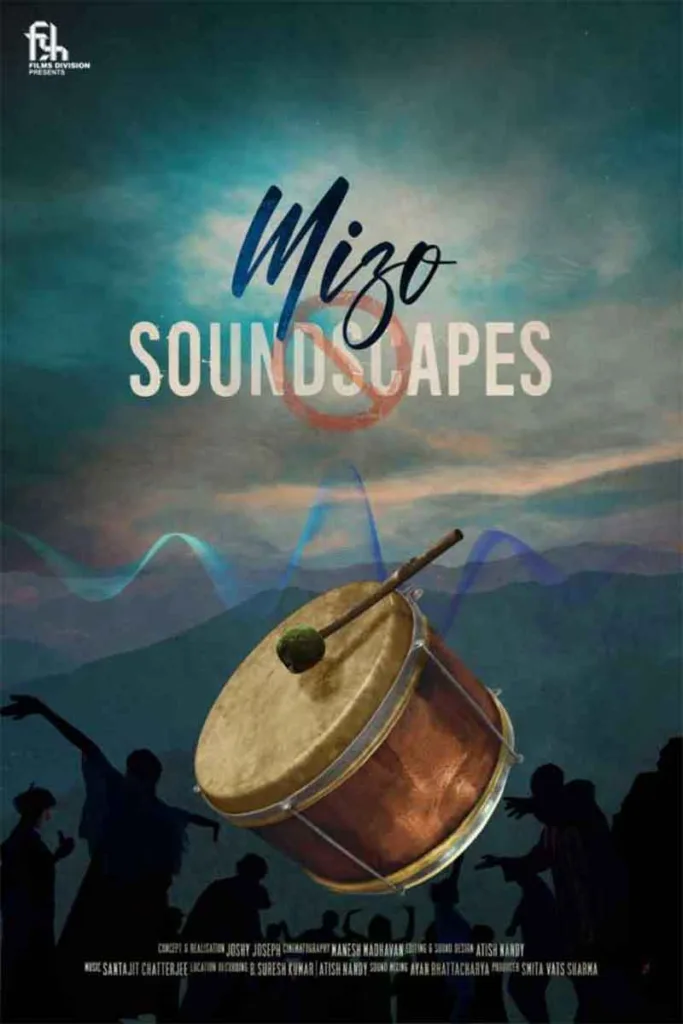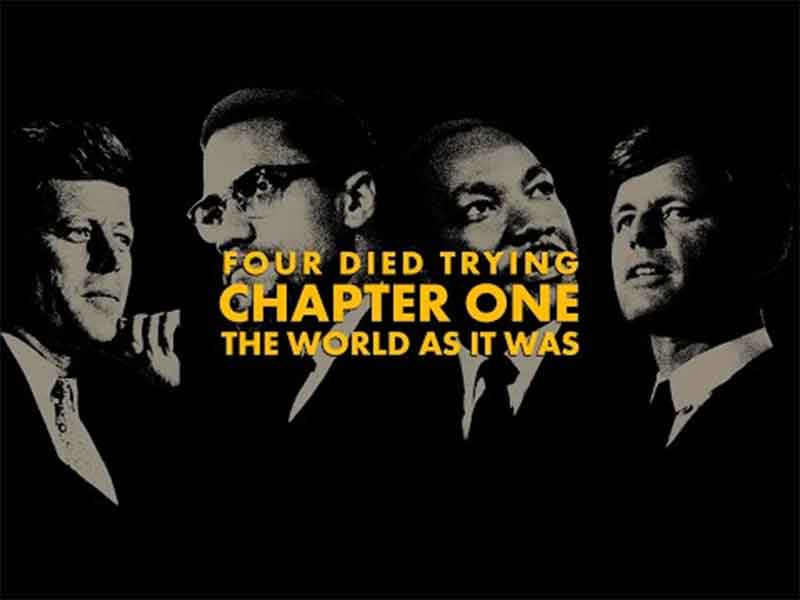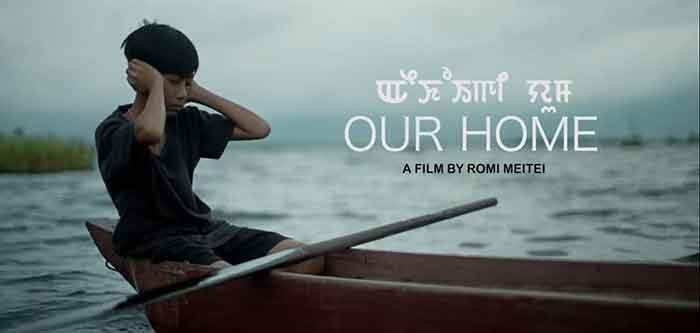
Romi Meitei has made 40 feature films and short films. His well-known movie Eikhogi Yum( Our Home ) was screened in the international competition section of the 27th International Film Festival of Kerala. The film won Fipresci international award and a jury mention of NETPAC at IFFK 2022.
Does the film “Our Home” depict the real-life situation of fishermen in Manipur?
The film is based on a true event that occurred in 2011. The government issued an eviction order to the fishing community. Through that event, I got this particular story. The story and plot are fiction. But the displacement incident is true. This incident led me to write the story. I am not standing with anyone instead I am telling the story neither from the government side nor from the fisher folk side. I am just an artist, and I want to tell a story about how displacement and globalisation affect a small, community-based society.
About the filmmaking experience of “Eikhoigi Yum” (Our Home)
We conducted a workshop for casting. I didn’t find any finance. I didn’t want any finance from somebody who doesn’t know the real problem of the fisher folk in Manipur. I waited too long to make the film. Now I am happy that I can make it out.
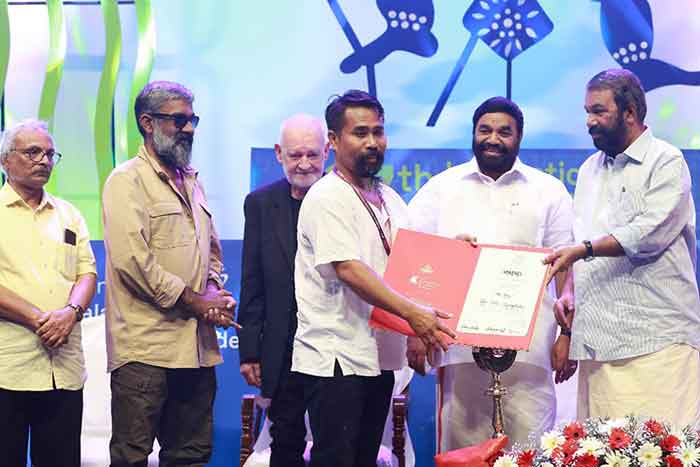
Eviction is a reality. How far have Indians understood the problem of the Manipuri Fisherfolk?
This was the part of globalisation where Indian people understood how the mindless development affected small communities. All these are about displacement stories. Displacement happens around the world. It affects a more community-based society. In a small town, they coexist, practise their own traditions, and follow their own culture. My film is about how such development-induced displacement practises affect their tradition. Their culture, which they believe once coexisted with society, vanished. This is not a sign of development. There is no value in development. So any kind of development process accepted should have the possibility of protecting the essence of a community-based society. They should protect the culture and traditions that are practised within the society. All things are destroyed there, including the question of human values.
Does the eviction happen for the corporate or in the name of development and the environment?
The process of globalisation cannot be interrupted by anyone. Any development should have the sensibility to protect small communities. No one can stop the process of development.
As the movie is against governmental policies, has it faced difficulties in getting censorship?
This is not against government policy. I just want to tell stories from the perspective of an artist. Now, human lives are so important. This is what I just wanted to show the world. This film is not against the government.I am telling the story neither from the inside of the government nor from the side of the community fishermen.
The actors in the movie Eikhoigi Yum (Our Home) are people from real fisher families. How did you bring them into acting?
I was worried about the main character in the film.I conducted a very organic kind of audition. Luckily, I found the boy. when I spoke with him and observed him. I felt this was the boy I was looking for. I was so happy that I met him.
Rashida Nasriya is a poet

